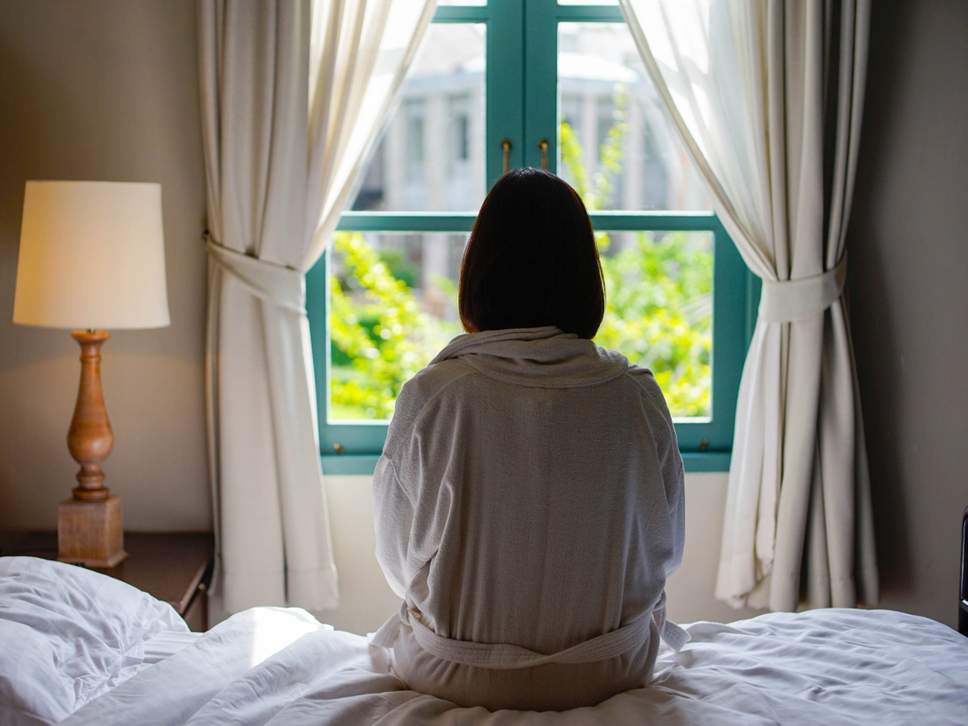Mismatch between society’s waking times and genetics of night owls and morning larks could be contributing to risk, authors suggest.
Women who are early risers have almost half the breast cancer risk of night owls who are more active in the evening and go to bed later, according to UK research.
University of Bristol scientists found that morning larks are 40 to 48 per cent less likely to develop breast cancer than their more nocturnal peers. This amounts to roughly one fewer cancer case among every 100 women who have a morning preference.
It also found an additional breast cancer risk for women who slept more than the recommended seven to eight hours a night – equivalent to an extra 20 per cent risk for each hour.

The trial used information from nearly 400,000 women who had their genetic information recorded in the UK Biobank or as part of the Breast Cancer Association Consortium study.
By looking at around 450 genetic markers affiliated with sleep, such as “chronotype” (when we’re most active), the amount of sleep needed, and risk of insomnia, scientists were able to study cancer risk independently of confounding factors like alcohol or smoking using a technique known as Mendelian randomisation.
While these genetic markers are closely linked with sleep preferences they only explain a fraction of real-world behaviour – 3 per cent in the case of the 300 chronotype genes.
This is because factors like work and family dictate when we wake up, and the authors speculated that this mismatch could explain some of the additional risk, though they cautioned that this would need to be proven with further research.
“What we would like to look at next is the interplay between our innate preference, to being a morning person or an evening person, and our actual behaviour,” told Dr Rebecca Richmond who led the research.
Source: Independent
 Based on +200
reviews
Based on +200
reviews


